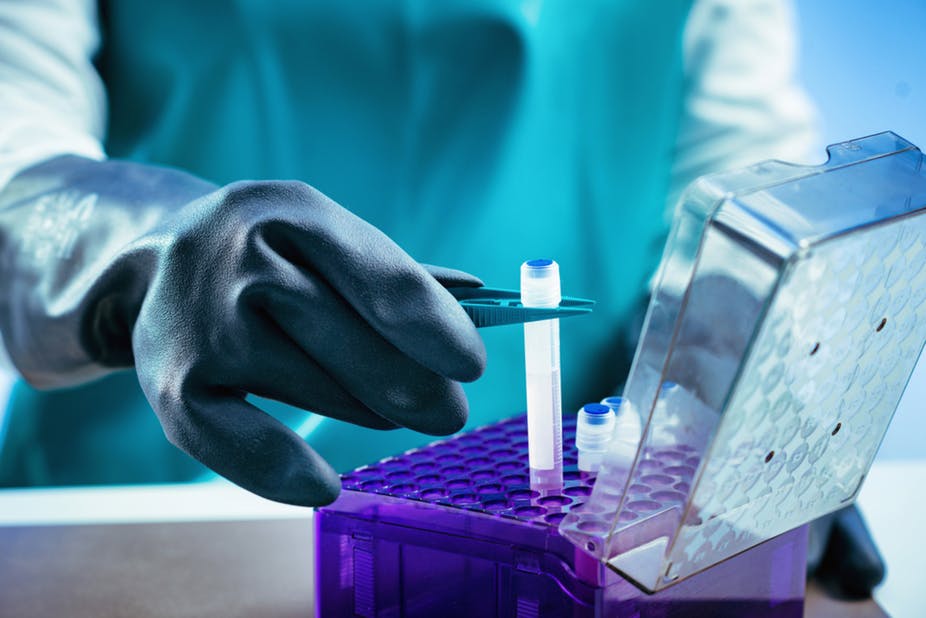
Biobanks are repositories which receive, store, process and disseminate specimens. These include DNA derived from humans and animals; bacterial strains; and environmental samples like plants and soil. Biobanks also provide the vital infrastructure for research to support scientific advancement and innovation. Dominique Anderson, Alan Christoffels and Carmen Swanepoel wrote in The Conversation that, according to a recent study, across the world, scientists’ ability to reproduce research is staggeringly low. More than 70% of the 1500 scientific participants in the study could not replicate other scientists’ experiments. And half were unable to replicate their own experiments. Crucially, they can improve scientists’ ability to replicate results and experiments, a process known as reproducibility. This is very important because being able to reproduce research verifies results and means it can be trusted. Biobanks have high quality assurance and control measures in place, making them safe, reliable spaces to store material for repeated testing that could lead to trustworthy science that saves lives. Read more
